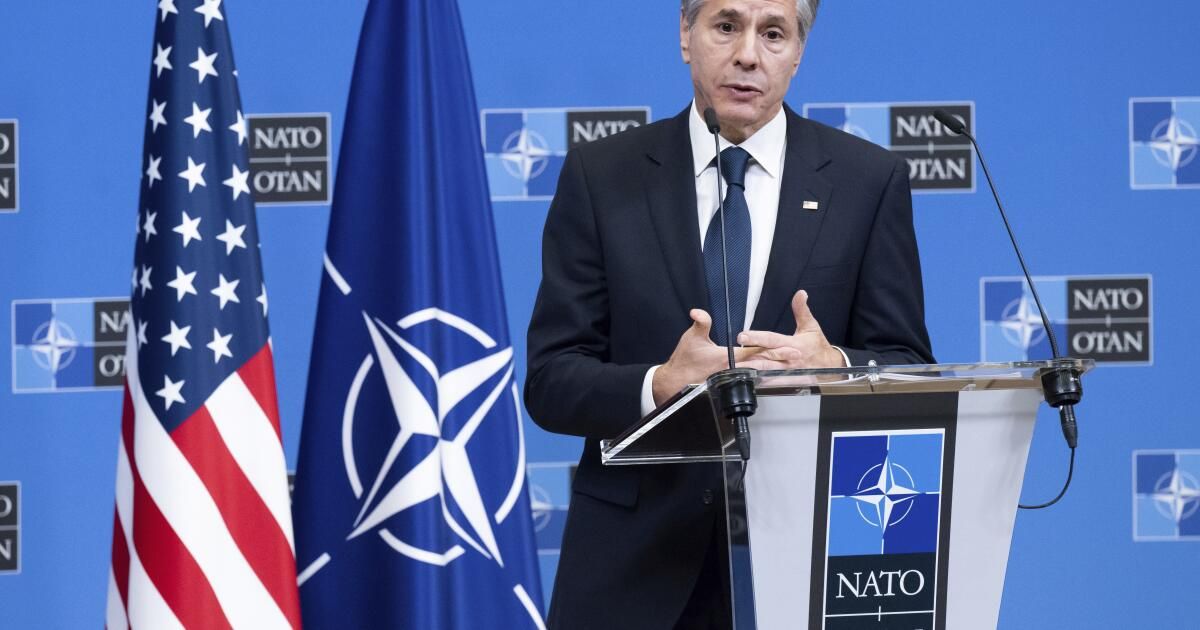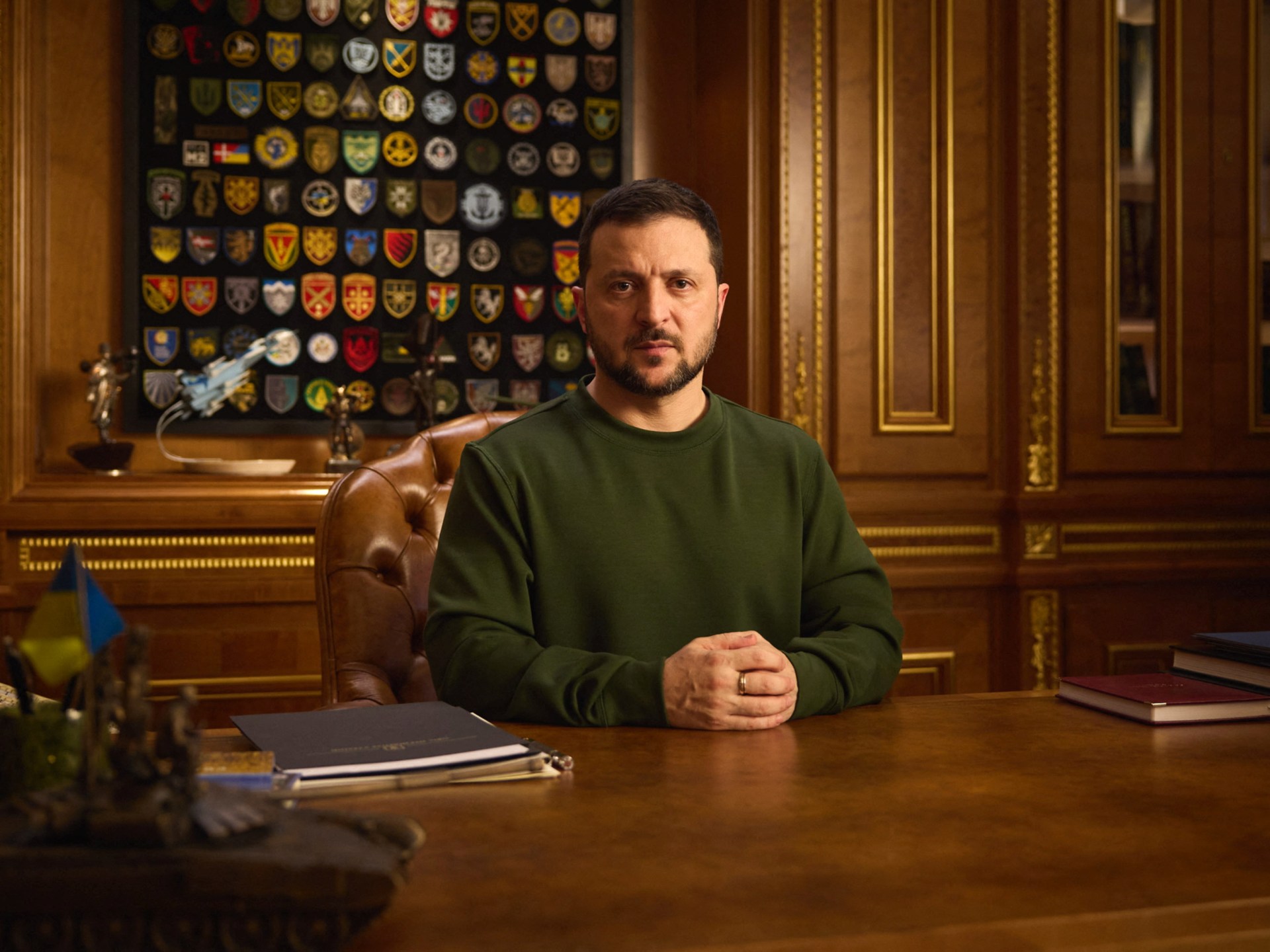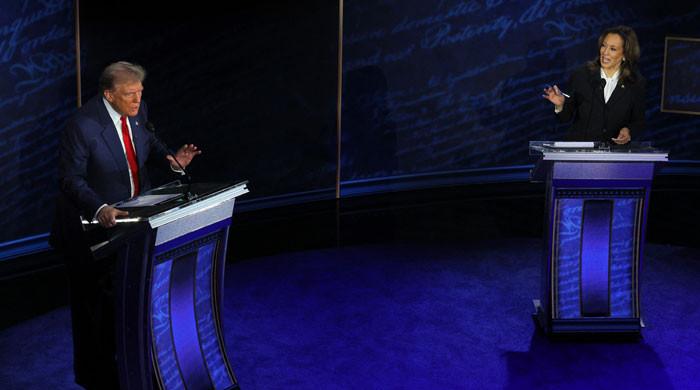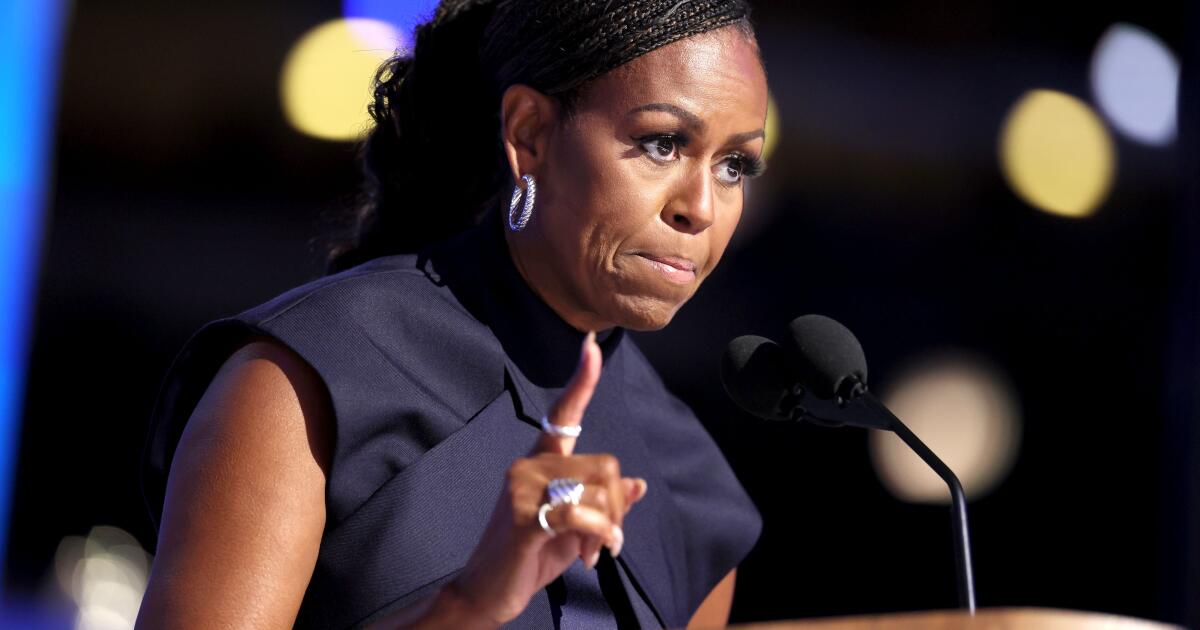At a recent news conference, U.S. Secretary of State Antony J. Blinken stood alongside NATO’s secretary general to present an overview. “The alliance recognizes that security challenges in one part of the world affect another, and vice versa,” Blinken said. He paraphrased Japanese Prime Minister Fumio Kishida: “What is happening in Ukraine today may very well be happening in East Asia tomorrow.” The subtext was unmistakable: The United States hopes Europe will join its campaign to counter China’s rise, just as allies have united against Russia’s invasion of Ukraine.
However touching these expressions of transatlantic solidarity may sound, they mask a more complicated picture: Europe currently lacks the military means and political appetite to meaningfully help the United States balance China in Asia.
The main European armies have begun to carry out naval patrols in the Indo-Pacific region, but decades of underinvestment have left European armed forces too small and ill-equipped to sustain far-flung expeditionary missions. Germany, the continent's economic powerhouse, has permitted Half of its tanks will be in disrepair. Britain, once a world power, could exhaust their ammunition in two months of high-intensity fighting. The French army has shrunken from 15 divisions during the Cold War to just two today.
Sending one or two frigates on patrol is one thing; maintaining a sizable presence to deter Chinese aggression is quite another. The strategic transport, logistics and basing needed to maintain forces in the Pacific would cost staggering sums. Much of NATO Europe would be hard-pressed to defend itself from a determined Russian attack, let alone project power into Asia.
Political will is even more scarce. In recent surveys conducted by the Institute for Global Affairs, done In the United States, the United Kingdom, Germany, and France (four of the wealthiest countries in the North Atlantic Treaty Organization), Europeans were much less inclined than Americans to view China as a threat, to hold strongly negative views of it, or to believe that the West should prepare for a new Cold War. These sentiments limit how far leaders can lean toward Washington on China, despite their exalted rhetoric at summits. When they are done defending democracy at international summits, these political leaders return to their democracies, where their policies will be informed (and constrained) by the preferences of their voters.
If Washington pressures European capitals to join its campaign to limit China’s power and influence, it could again alienate the United States from its most important allies. Confronting China as a merry band of democratic countries may be emotionally satisfying, but in the long run it is unwise. Europeans are already disillusioned by their involvement in the endless post-9/11 wars and wary of America’s penchant for military intervention. President Biden should be careful not to drag them into a broader global contest to which they neither want nor can contribute.
Military and political differences are accompanied by disputes over trade and technology. For example, the US Inflation Reduction Act and the European Union’s proposed carbon border tax both create tensions. Economic disagreements pale before the overriding imperative of deterring Chinese or Russian aggression against Taiwan or NATO territory, but given all these factors, the US and Europe should divide their attention. While concentrating its forces in the Pacific, the US should encourage Europe to reinforce its defenses closer to home. European allies should redouble their efforts to deter Moscow rather than dilute their efforts in a far-off region where they can make little difference.
Over time, a more robust European defense posture could allow for greater contributions in the Pacific, but developing the necessary expeditionary capabilities would require drastic investment in areas such as air and sealift, which most European militaries have long neglected. If Europe instead focused on protecting its own neighborhood, it would relieve the United States of its costly burden there and free it to focus more on the Indo-Pacific. This approach would also be politically popular, as our polls found a large plurality of Europeans who want to increase their country’s defense spending; roughly 9 in 10 Europeans want Europe to be primarily—or entirely—responsible for its own defense.
For all the effusive invocations of solidarity with the free world, the reality is that Europe cannot be America’s ally in Asia, at least not in the near future. The world’s leading democracies may share many of the same values, but their interests and capabilities differ by geography. Effectively managing authoritarian rivals like China will require a division of labor among allies, not the pretense of strict coordination. As NATO member countries meet in Washington this week, let us hope there is less blithe idealism for a world that could be and more vigilant realism for the world that is.
Mark Hannah, principal investigator of the Institute of Global Affairsis the main author from his “New Atlanticism” Report and host of his “None of the above” podcast. @ProfessorHannah












